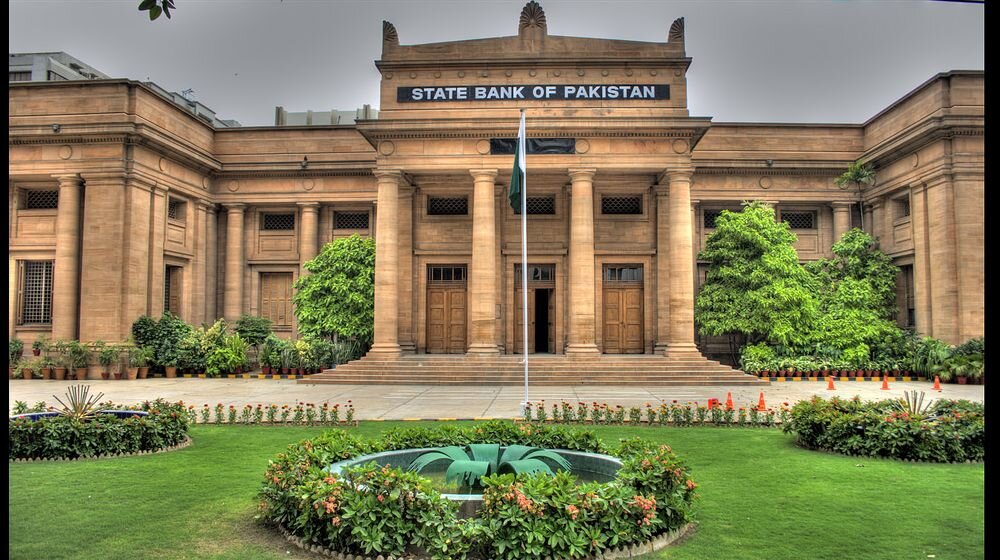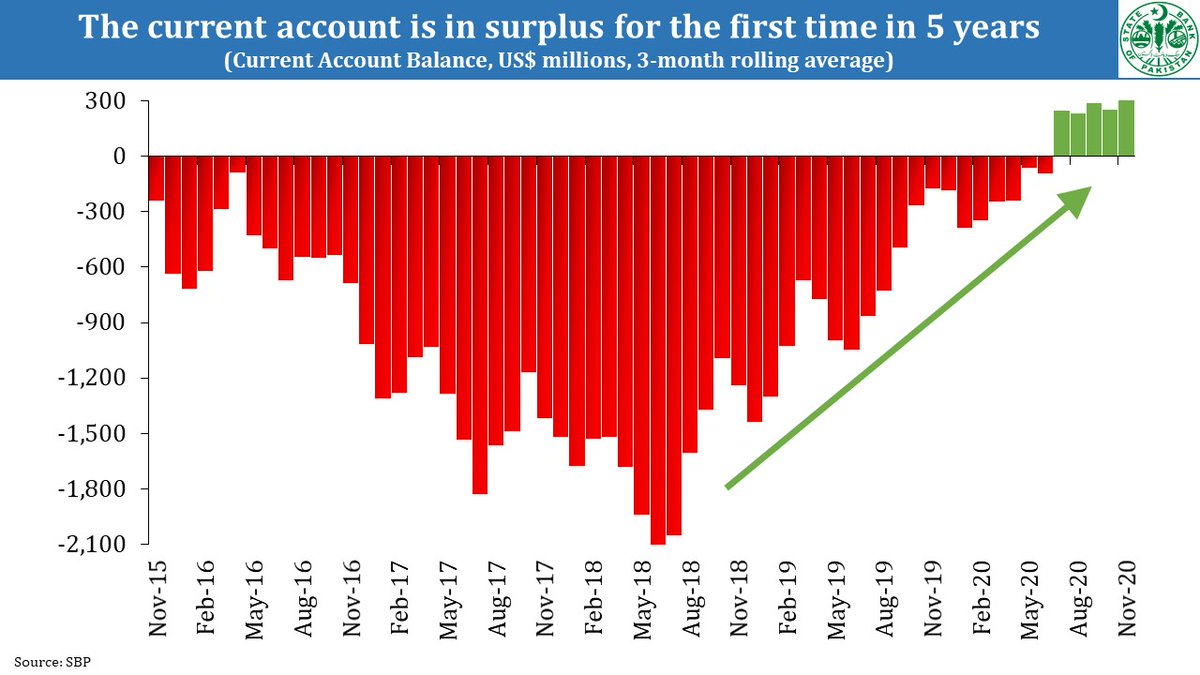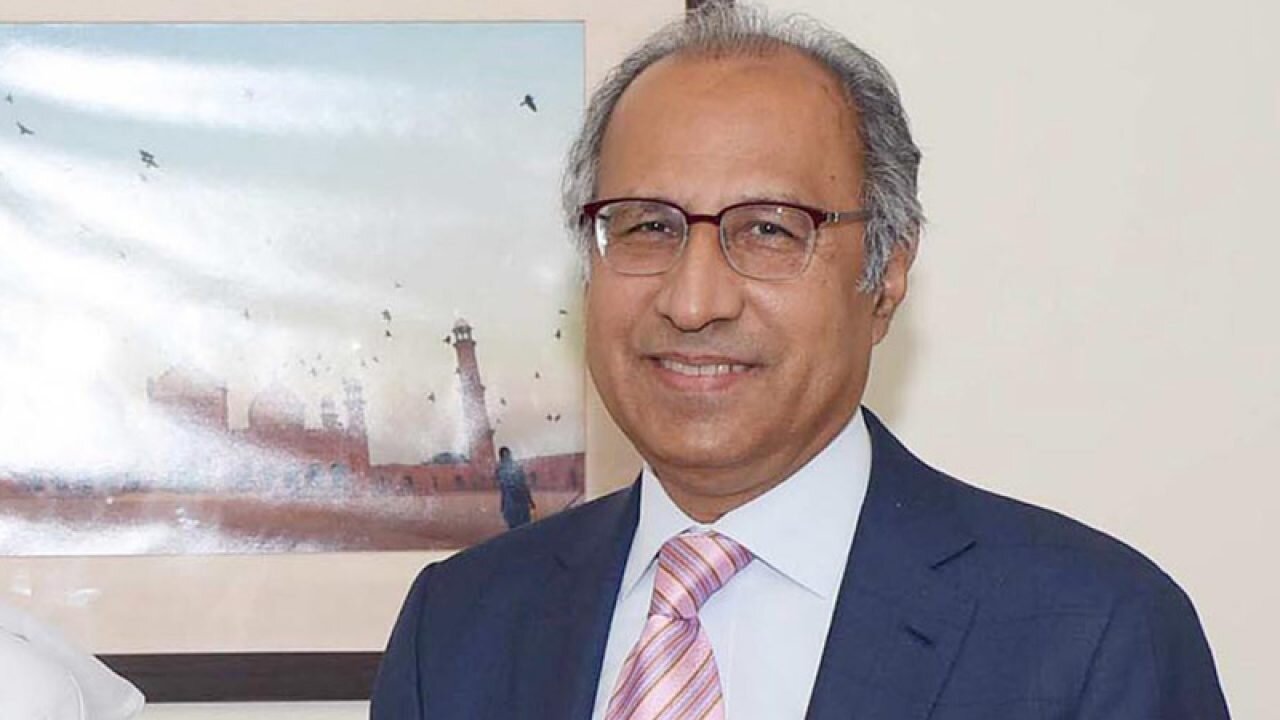Rid the country of debt-servicing to usher in a new paradigm of developmental budget. It’s high time to unshackle the economy from the bailout syndrome. Only then can Pakistan’s economy stand on its feet.
It goes without saying that Pakistan’s economy had been in a state of mess, ineptitude and criminal negligence, especially in the last 30 years or so. The root-cause for this decay and revulsion lie in political brinkmanship at the altar of national interests and a culture of nepotism that had inadvertently crept in the country’s body-politick.
Thus, this piece on Pakistan’s economy should be read and interpreted as a charge-sheet (in retrospection) against the Respondents: (a) the respective governments since 1947 and (b) the State of Pakistan; by the true Sovereigns of the country i.e. the People of Pakistan, namely the Petitioners (1) the downtrodden living under the line of poverty, (2) the dispossessed to this day and (3) the besmirched middle class.
The sovereigns the People of Pakistan complain and submit that they have been denied of their rightful share of life, economic well-being and prosperity, which is in contravention of Article 38 of the Constitution of the Islamic Republic of Pakistan; and thereof falls in the purview of Article 6 of the Constitution, henceforth invoking criminal proceedings of High Treason against the Respondents.
Before pleading the case of sheer economic injustices committed against the petitioners; an edited crux of Article 38 and Article 6, respectively, are illustrated hereby for reference as under:

Article 38 says: “The State shall (a) secure the well-being of the people, by raising their standard of living, by preventing the concentration of wealth and means of production and distribution in the hands of a few to the detriment of general interest and by ensuring equitable adjustment of rights between employers and employees, and landlords and tenants; (b) provide for all citizens, within the available resources of the country, facilities for work and adequate livelihood with reasonable rest and leisure; (d) provide basic necessities of life, such as food, clothing, housing, education and medical relief, for all such citizens, irrespective of sex, caste, creed or race, as are permanently or temporarily unable to earn their livelihood on account of infirmity, sickness or unemployment; (e) reduce disparity in the income and earnings of individuals, including persons in the various classes of the service of Pakistan;
The plea is that the above-mentioned Constitutional provisions have NOT been implemented in letter and spirit to this day; and there has been a callous approach in fulfilling the duties as stated above.
Thus, it would not be out of context to invoke High Treason proceedings; as stated in Article 6: (1) Any person who abrogates or subverts or suspends or holds in abeyance the Constitution by any other unconstitutional means shall be guilty of high treason. (2) Any person aiding or abetting shall likewise be guilty of high treason.
The current state of economic condition of the people of Pakistan is as follow:
(1) Almost 40 per cent of the people live in abject poverty;
(2) Four per cent of the employed earn less than $2 a day;
(3) Unemployment is estimated at around 8 per cent;
(4) Child mortality constitutes for 70 deaths per 1000 newborn;
(5) Sixty-four per cent of people are denied of safe drinking water (World Bank 2019 report);
(6) Twenty-six per cent of urban and 17.7 per cent of rural areas have unsanitary drainage;
(7) 29 per cent of the population is always at risk from arsenic contamination of water;
(8) Only 8 per cent of wastewater is treated;
(9) One-third of patients suffering from water-related diseases, such as typhoid, cholera, dysentery and hepatitis die for lack of timely medical access (World Bank and UNDP figures for the decade 2010-2018);
(10) More than 200,000 children die every year of diarrheal diseases, (PCRWR estimates);
(11) Pakistan has a housing backlog of almost 10 million units (ABAD’s Real Estate Research, 2016 and Lamudi’s White Paper 2017);
(12) Only one per cent of the housing units are developed annually for 68 per cent of Pakistan’s total population, earning less than $200 per month. By 2025, the shortfall is predicted to swell to 20 million residential units; (State Bank of Pakistan);
(13) 56 per cent of houses are built for an elite 12 per cent of the population (lopsided development);
(14) Around 58 per cent of Pakistanis are illiterate;
(15) Around 25 million children are out of school, and only 80 per cent of those enrolled complete their primary education; and likewise survival rate up to grade 5 is around 66 per cent (National Institute of Population Studies);
(16) 46 per cent of primary schools do not have electricity; 34 per cent schools lack drinking water; 29 per cent have no latrines; (Pakistan Education Atlas 2015);
(17) 76.9 per cent of youth leave their secondary education for financial reasons, (UNDP 2018);
(18) Less than 12,000 PhDs were churned out in 70 years from higher education institutes;
(19) A lingering deficit of at least 10,000 megawatts of electricity; and vast swatches of landmass are denied of this essential amenity to this day;
(20) Over 140 million Pakistanis either have no access to the power grid or suffer extensive hours of load-shedding;
(21) Due to lack of electricity access, dispossessed Pakistanis are forced to spend more than $3billion on candles and kerosene;
(22) The people of Sui and its adjoining areas in Balochistan from where Gas (Sui Gas) is explored are devoid of this basic amenity;
(23) Public sector hospitals cater to a mere 22 per cent of population, leaving the rest at the mercy of the private sector, who fleece on their own.
(24) There are hardly 140,000 doctors and 15,000 healthcare facilities in the country for a population of more than 210 million, and likewise less than 100,000 trained nurses and almost a same number of lady health workers, many of whom are quacks!;
(25) Budgetary health allocations never exceed 4 per cent of GDP in real terms, thus constituting less than $100 per capita health expenditure;
(26) Inflation is conveniently in double digits (approx. 11 per cent) whereas economic managers put it at 8 per cent (2019 estimates); whereas the State Bank in August 2019 said it is at a “transitory” 12-year high at 14.6 per cent. And last, but not the least…
(27) The countrymen are indebted under an external debt of around $80 to $90 billion. (A fact admitted by Adviser to the PM on Finance in a Webinar to one of my queries)

THIS is all in a country which is rich in resources, primarily an agrarian economy and one which has abundance of minerals, natural water channels and a tropical four-season environment. Moreover, it has an industrious population with more than 50 per cent of youth, as well as a resilient culture in terms of national amalgamation. If such a country is rated at 154th in terms of human development by global agencies, then it’s no less than a dilemma and a sordid point of concern.
The reason for Pakistan’s backwardness is in its inherent failure in nation-building. The priority to develop Pakistan was put at the backburner at the hands of those who upheld personal interests and nursed nefarious designs at the helm of power. Rampant corruption, nepotism, ad hoc culture of governance and lack of institutional empowerment are some of the few reasons why Pakistan and its economy are in tatters.
Without lamenting anymore on the inherited state of affairs, let’s go quickly into the reforms that are underway by the “Government of Change’’ of Prime Minister Imran Khan. As stated by Adviser to the PM on Finance, Dr. Abdul Hafeez Shaikh at a Webinar on ‘Stabilising Economy through Realistic Reforms’ organised by Karachi Council on Foreign Relations, on August 20, 2020, “The government of Imran Khan inherited deficits of historic magnitude both domestic and external; and the policy approach of the previous dispensations was to keep the dollar cheap at the expense of depleting foreign exchange reserves, and that too when the country’s growth rate of exports was zero per cent.”
Thus, the 42nd largest economy of the world in terms of GDP was at the verge of an inevitable meltdown. But, it seems, the corrective measures taken by Prime Minister Imran Khan whose wafer-thin majority government has promised to root-out corruption, swing in institutional stability and cleanse the Augean stable is on the right path, despite inconsistency in terms of policy implementation.
Luckily, the government and its economic managers believe in the fact that macroeconomic stability is sine qua non for sustained and equitable growth. This is why the stress on empowering institutions, especially the State Bank, the SECP, the FBR and the likes, have gone well not only with the people of Pakistan but also the donor agencies.
It is a welcome sign that two years of reforms have started showing positive results, as is evident from the scaling down of current account deficit the gap between external receipts and outflows has been narrowed down from $19 billion two years ago to $3.3 billion, along with a 111.5 per cent rise in foreign direct investment and 194 per cent increase in private investment.
The Moody’s, the World Bank, Bloomberg and the IMF have been forthcoming in lauding the initiative successes of the present government, which will have a promising impact as Pakistan goes on to woo investors for rebuilding its dilapidated infrastructure.
Moreover, the speed of progress witnessed in terms of realising the China-Pakistan Economic Corridor (CPEC), which will see a staggering $60 investment in infrastructure, as well as the landmark initiatives to build water storage dams in the North of the country and the M-1 Rail-and-Road project are no less than a bonanza for Pakistan, provided there are no hiccups in its implementation.
Yet, the general impression is that there are many slips between the lip and the cup. Microeconomic management is on the cards. Soaring inflation, inability of the authorities to control prices of essential commodities, and the scot-free manner in which mafias operate is a blot on claims of good governance. The government-commissioned reports on sugar, wheat, cement and (deliberate) shortage of petrol are cases in point.
Likewise, the fact that Imran Khan went to the IMF to seek a 13th bailout package for the country despite his resolve not to do so at any cost during his election rallies has been taken with a pinch of salt by the electorate. It’s high time to unshackle the economy from the bailout syndrome, and let the economy stand on its feet without any more recourse to the donors’ ventilator enigma!
What’s next? How can the economy be empowered and put on the track of growth and stability? Before we go on to answer the million-dollar question, let’s debate on the capacity potential of the incumbent government. Prime Minister Imran Khan enjoys a rare opportunity in history wherein his administration is on the same page with the powers that be, or in other words the invisible Establishment of the country.
This is the time to ‘go for the kill’ and root-out the malaises that are eating up the vitals of the country like a moth. Eliminating corrupt practices in the business of the State, recovering the looted wealth and rewriting the by-laws of bureaucracy and governance are indispensable. Only then can 220 million countrymen cherish the fruits of a New Pakistan.
The country’s budgetary statistics, at the moment, are quite unrealistic for a system to even survive lest to talk of progress and development. About 60 per cent of the Rs.7 trillion-budget is consumed on paying interest on loans (41.2%) and on Defence spending (18%). Another 13.3 per cent of the budget goes in running the government and paying pensions.
This cannot go on indefinitely. The change as promised by Imran Khan the one that the nation knows as a doer has to set in. He shouldn’t shy away by looking at any of the aspects of political exigency, and relentlessly go on to implement his reforms. It is worrisome that only few of his promised manifesto points have been implemented or invoked even after two years in power. He should be mindful that dynamics of power patterns are changing regionally and globally, and the Establishment cannot keep all its eggs in his basket for long!
If Pakistan has to come out of stagnation and the curse of debt-servicing, which eats up 41 per cent of the budget, the country should pay off its external debts. This is not impossible. The moment the ‘iron hand’ of the writ of state gets in action against looters and plunderers by invoking relevant laws of forfeiting properties and assets at home and abroad the chips will start falling. The Constitution provides for such a provision in all seriousness.
Concentration of wealth in the hands of a few, and their wheeling-dealing powers in the ambit of the state is the source of our economic debacle. The Constitution, again, calls for action against such ‘criminals’ (The word criminal borrowed from Adolf Hitler who termed the signatories of Versailles Treaty as criminals. Pakistanis, alike, have been badly mistreated by the gangs of plunders and opportunists). Only then can a fair paradigm of macro and micro economic management be laid down. Until that happens, lectures on reforms will be episodes of jargon.




